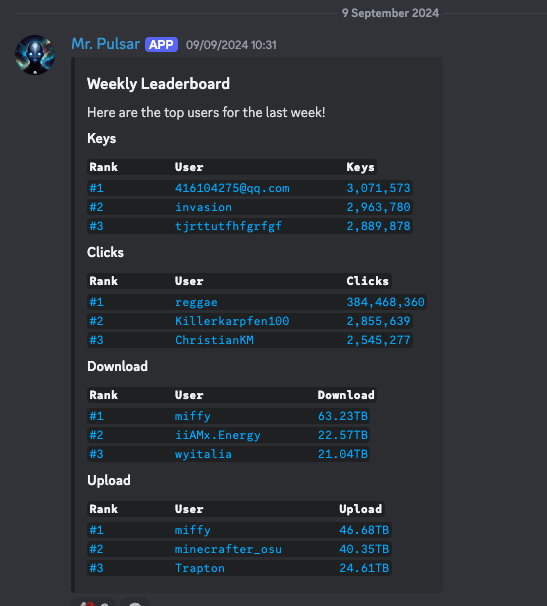When you have multiple Paddle accounts for different products—monthly accounting tasks end up consuming more time than you’d like. For each payout, I’d log into all my accounts, download the payout PDFs split up between the US and RoW (rest of world) regions, and import them into my accounting software. After a few times, I decided to automate it using Laravel Dusk and I figured I’d share the solution here.
This blog post introduces a new GitHub repository that uses Laravel Dusk to log into Paddle’s web interface, navigate to the payouts page, and download payout PDFs. If you find … Read more




